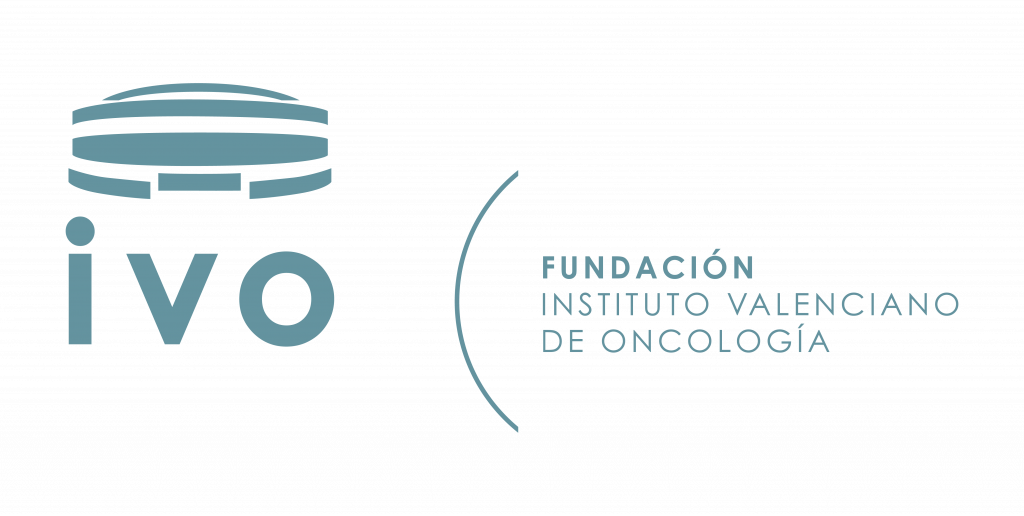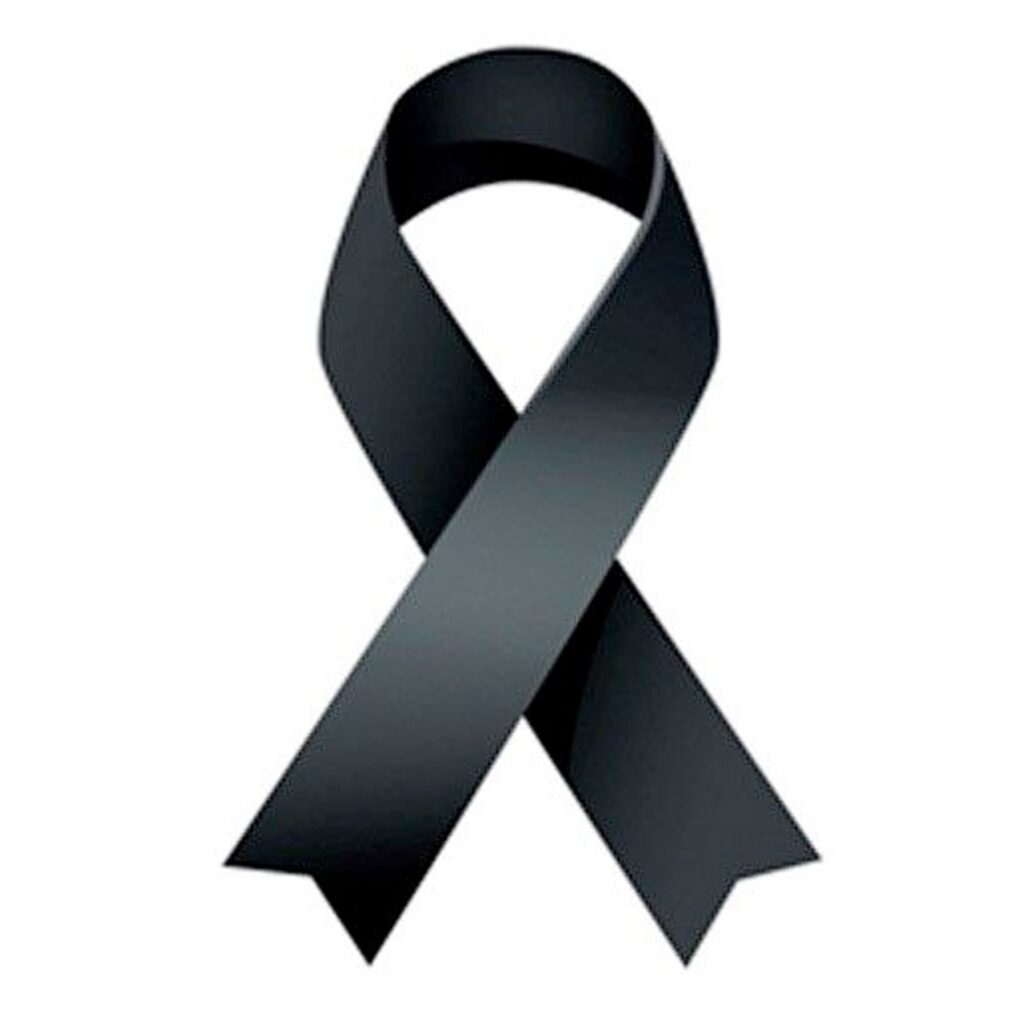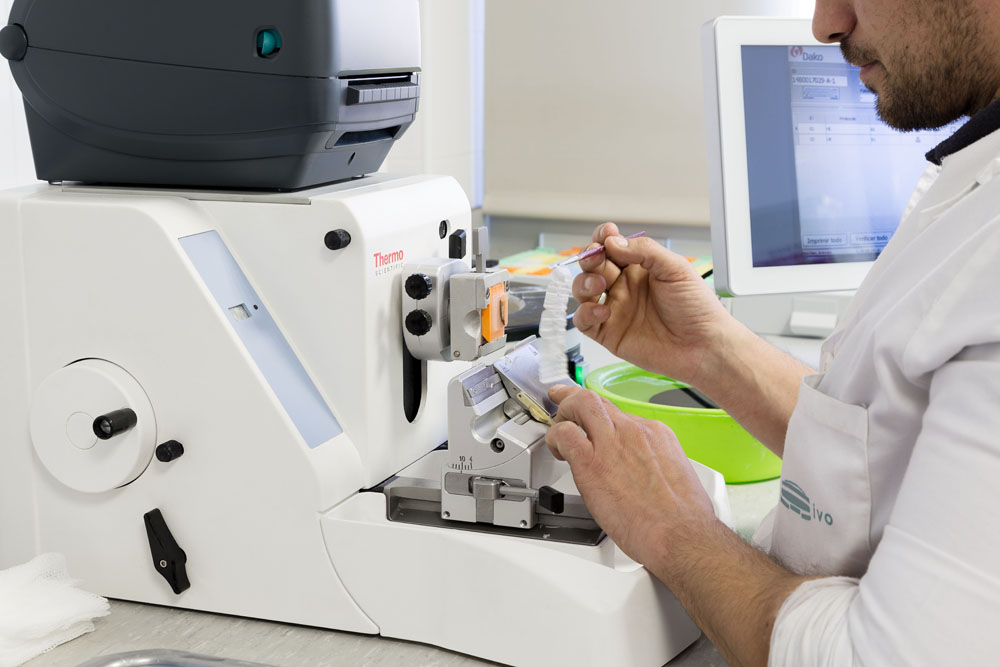Some symptoms that help to detect it are abdominal swelling due to fluid accumulation, which may come with discomfort in the lower abdomen, the presence of lumps or bumps in the lower abdomen, severe weight loss and, sometimes, the presence of vaginal bleeding between menstrual cycles or in menopausal women.
The IVO has a medical service specialising in gynaecology that treats all oncological conditions related to the female reproductive system, covering the diagnosis, treatment and follow-up of its patients.





